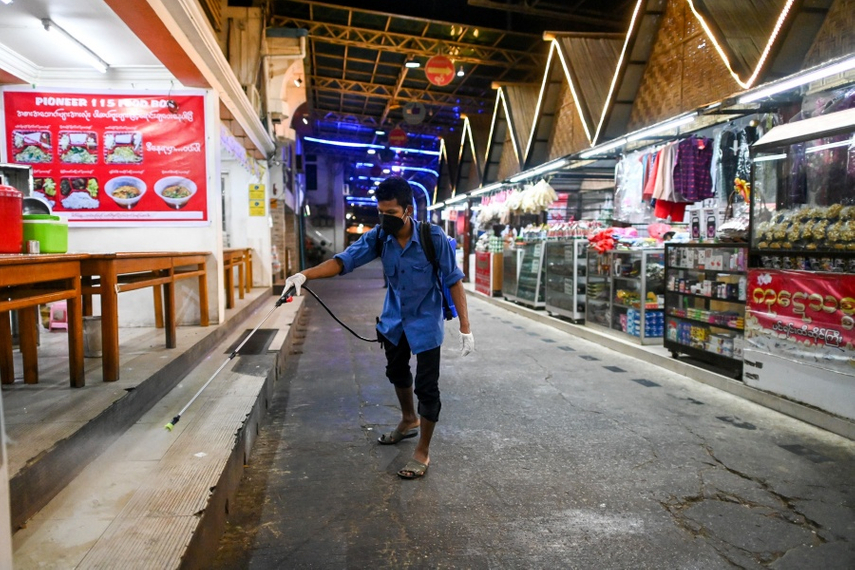The ICJ today called upon the Myanmar government to ensure that everyone in the country, particularly those from communities affected by conflict, has access to critical information about COVID-19. This call includes putting an immediate end to restrictions on internet access in Rakhine and Chin States.
The ICJ said that there must not be undue restrictions on the right of people to seek and impart such information, in line with international law and standards protecting the right to freedom of expression and information.
“Access to information is absolutely essential for the protection of communities, especially their right to health during the COVID-19 outbreak,” said Frederick Rawski, ICJ Director for Asia and the Pacific. “This is especially true in areas of Myanmar affected by conflict. The wholesale blocking of internet access in Rakhine and Chin States, including access to websites of popular ethnic media outlets, has no justifiable basis in international law and will only serve to undermine efforts to mitigate the spread of the virus.”
On 26 March 2020, the Minister of Transport and Communications stated in a media interview that despite the COVID-19 pandemic, the internet shutdown in Rakhine and Chin States would not be lifted until hate speech, misinformation and the conflict with the Arakan Army are addressed. The Minister’s statement appears to defy the UN Secretary-General’s appeal for a global ceasefire as well as the respective statements of members of Myanmar’s diplomatic community and of several ethnic armed organizations, including the Arakan Army, to cease hostilities in light of the COVID-19 pandemic. On 9 April 2020, the UN Special Rapporteur on Myanmar called for the same.
Instead, on 30 March 2020, pursuant to section 77 of the Telecommunications Law, the Ministry of Transport and Communications (MoTC) ordered major telecommunications networks to take down hundreds of websites on the dubious ground of containing misinformation. The MoTC did not disclose the full list of websites ordered to be blocked as well as the factual and legal basis that justified issuing the order. Under Section 77, the MoTC can direct a telecommunications provider to suspend services in the event of an “emergency situation.” It is not clear whether the misinformation relates to COVID-19 or if the pandemic is the pretext for the order.
As of 1 April 2020, media outlets of the Rakhine and Karen ethnic communities were among the websites to which access was blocked from major telecommunications providers. Access to Voice of Myanmar’s website, whose editor-in-chief had faced charges under Myanmar’s Counter-Terrorism Law until 9 April 2020 for publishing an interview with the Arakan Army, was also blocked.
The ICJ has previously expressed concern at the Myanmar Government’s use of the Telecommunications Act to justify an internet shutdown in the context of the conflict in Rakhine State. This practice does not comply with human rights law and standards. The Act itself is fundamentally flawed and must be amended. Among other defects, the Act does not define the scope of an “emergency situation.”
“Keeping these overbroad restrictions in place in the midst of the COVID-19 pandemic puts the government in violation of international law. It is also counterproductive to the goal of stopping the spread of the virus and minimizing its impact on the country’s most vulnerable populations,” said Rawski.
Download the statement in Burmese here.
Contact:
Frederick Rawski, ICJ Asia-Pacific Regional Director, e: Frederick.rawski(a)icj.org
Related work:
Event: ICJ hosts workshop on fair trial rights for Myanmar’s ethnic media
Report: Curtailing the Right to Freedom of Expression and Information in Myanmar
Statement: States must respect and protect rights in fighting COVID-19 misinformation





